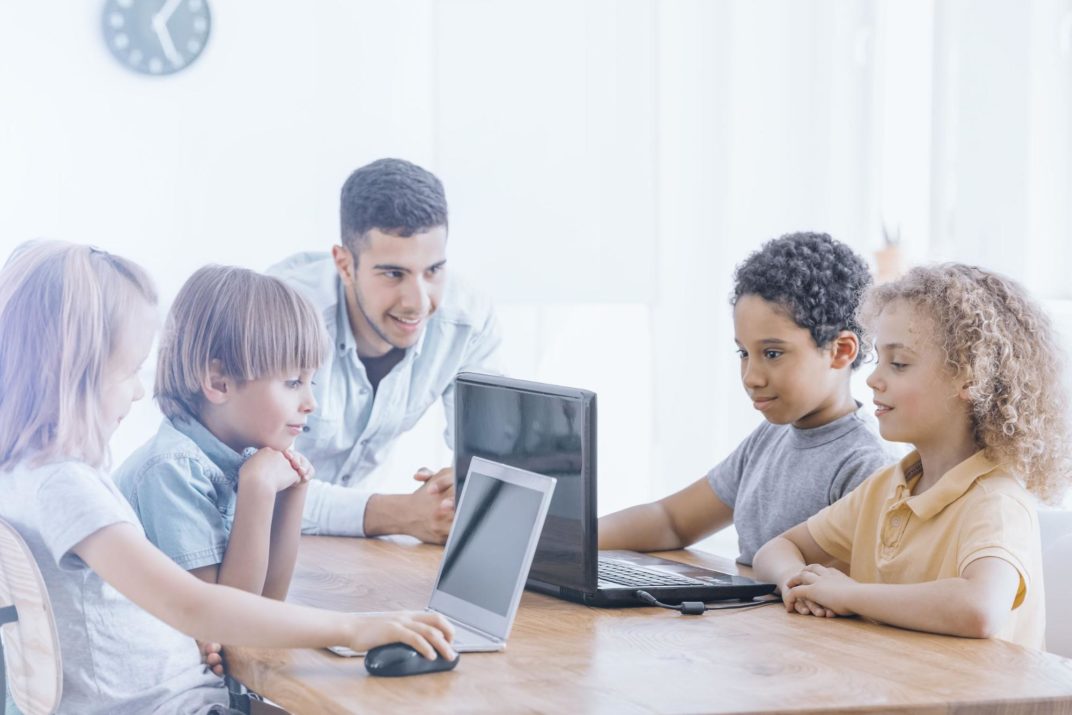In today’s digital age, social media has become an integral part of our lives. While it’s often associated with entertainment and leisure, its impact extends far beyond that, particularly in the education sector. For teachers, leveraging social media can enhance their teaching practices, foster collaboration, and ultimately improve student outcomes. Here are several reasons why social media is essential for teachers.

Table of Contents
Toggle1. Enhanced Communication
Social media platforms provide teachers with an efficient means of communication. Whether it’s engaging with students, parents, or colleagues, these platforms offer a space to share updates, announcements, and educational resources in real-time. For instance, a teacher can use Facebook groups to keep parents informed about classroom activities or upcoming events, ensuring everyone is on the same page.
2. Professional Development
Teachers can utilize social media to connect with other educators worldwide, facilitating professional growth. Platforms like Twitter and LinkedIn host a plethora of discussions, webinars, and resources that enable teachers to share best practices, seek advice, and collaborate on projects. Hashtags such as #edchat and #TeacherTwitter allow educators to engage in real-time conversations about various educational topics, broadening their perspectives and enhancing their teaching methods.
3. Access to Resources
Social media is a treasure trove of educational resources. From lesson plans and teaching strategies to videos and articles, teachers can discover a wealth of materials that can be integrated into their classrooms. Platforms like Pinterest and Instagram allow educators to share visual content, making it easier to gather creative ideas for engaging lessons or classroom decorations.
4. Building a Professional Network
Networking is crucial in any profession, and teaching is no exception. Social media enables educators to build connections with like-minded professionals, industry experts, and educational influencers. These connections can lead to collaborative projects, mentorship opportunities, and access to exclusive events or resources that can benefit their careers.
5. Student Engagement
Incorporating social media into the classroom can significantly boost student engagement. Many students are already active on platforms like Instagram, Snapchat, and TikTok. By integrating these platforms into their lessons, teachers can create relatable and interactive learning experiences. For example, students can collaborate on projects using Google Docs and share their findings through social media, fostering a sense of community and belonging.
6. Promoting Digital Literacy
As technology continues to evolve, digital literacy has become an essential skill for students. By using social media, teachers can guide students in understanding how to navigate online spaces responsibly. They can teach students about digital footprints, online etiquette, and the importance of critical thinking when consuming content. This empowers students to become responsible digital citizens, prepared for the challenges of the online world.
7. Showcasing Achievements
Social media provides an excellent platform for teachers to showcase their students’ achievements and classroom activities. Sharing successes—whether through posts, photos, or videos—can boost morale, foster a sense of pride in the classroom community, and encourage students to strive for excellence. Highlighting students’ work on social media also reinforces positive behavior and can motivate others to participate and engage.
Conclusion
Incorporating social media into teaching practices is no longer just an option; it is essential for teachers looking to enhance their effectiveness and engage their students meaningfully. By embracing these platforms, educators can improve communication, access resources, build professional networks, and promote digital literacy. In a world increasingly shaped by technology, social media is a powerful tool that can help teachers create dynamic and impactful learning experiences. As educators continue to adapt to the evolving landscape of education, embracing social media will undoubtedly play a crucial role in their success and the success of their students.


No responses yet